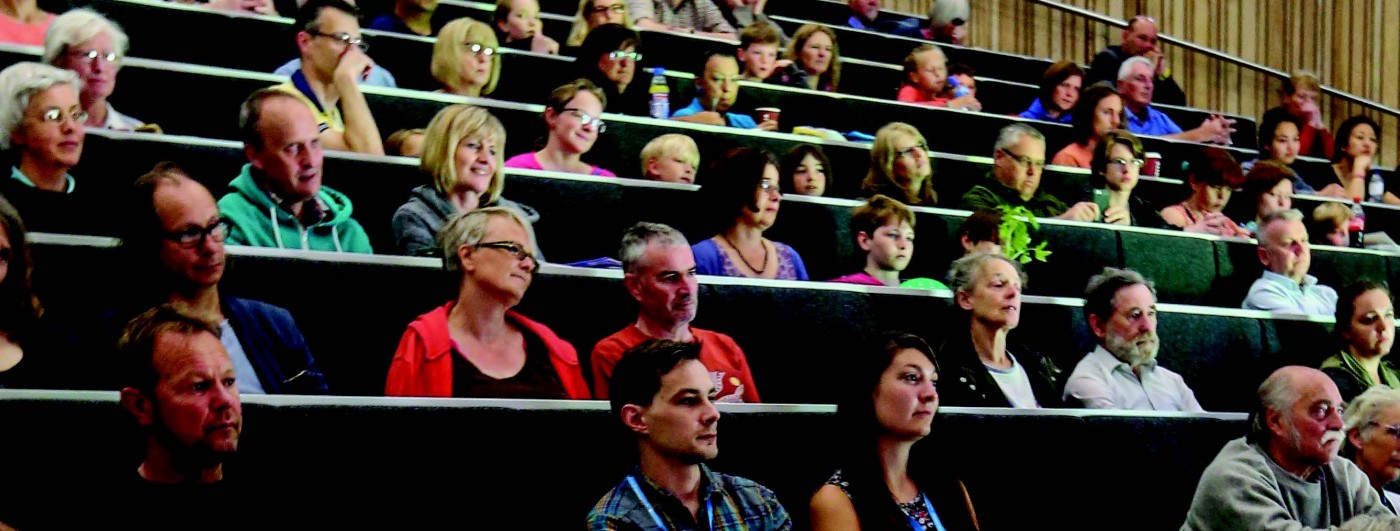
BU’s next Public Lecture Day is taking place on Monday 15 April at the Executive Business Centre
PLEASE NOTE: THIS EVENT HAS NOW SOLD OUT!
 Join us for a varied programme of lectures and discussions highlighting some of the fantastic research taking place at Bournemouth University. Open to members of the public, students and staff along with invited members of the local University of the third age
Join us for a varied programme of lectures and discussions highlighting some of the fantastic research taking place at Bournemouth University. Open to members of the public, students and staff along with invited members of the local University of the third age
Come along to learn and engage with our guest speakers about their research, you’re welcome to attend any or all of the talks.
12:00 – 12:45 Arrival/Lunch
12:45 – 13:35 – Professor Ann Hemingway & Professor Adele Ladkin
Staying Active and Independent for Longer (SAIL)
The SAIL project explores ways to keep us all healthier for longer as we age across four countries: the Netherlands, Belgium, France and the UK. The SAIL research team are working with local authorities, businesses, charities and older people to learn from experiences and to try out different strategies. This talk will give you an insight into the achievements of the SAIL project research so far and the opportunity to discuss ways in which you can stay active for longer.
13:40 – 14:30 – Professor Alan Breen – Back pain: Another way to look at it
Lower back pain is the largest cause of days lost to disability in the world and is felt at some point in the lives of around 80% of us. While the statistics are staggering, they are getting worse, with the majority of cases having no diagnosis, let alone a cure. Why is this condition so resistant to the personalised medical advances to which so many other disorders are gradually surrendering? This talk will review our knowledge of back pain as a socio-medical concept, visit the paradigms used to approach it and consider what is new in understanding its physical mechanisms.
14:30 – 14:50 – Tea/Coffee Break
14:50 – 15:40 – Dr Chris Stantis – The Hyksos Enigma: Researching the 15th Dynasty of Ancient Egypt
The Hyksos formed the 15th Dynasty, ruling Egypt between c.1650 – 1550 BCE. Their process of gaining power and historical impact is a mystery, as textual representation was largely destroyed when “true” Egyptians reclaimed power. With funding from the European Research Council, a collaborative multinational research programme has been established to investigate who these people were. This talk will explore the fascinating research being pursued to study this little-known period in Near Eastern history by examining tombs and cemeteries at their capital, and incorporating the use of cutting-edge chemical techniques on human remains.
15:45 – 16:35 – Dr Ellen Seiss – The effect of emotion on cognition: What can we learn from those with obsessive-compulsive disorders?
Our emotions influence a lot of our everyday cognitions, for example how we tend to certain situations, how we memorise information and how we make decisions. This emotional effect is more pronounced in people living with anxiety disorders and obsessive-compulsive disorders. Those affected often try to avoid ‘harmful’ events with ritualised behaviours; such as checking doors, lights, or extreme cleanliness rituals. This talk will give you a brief insight into how emotions alter attention, memory and decision-making in those with obsessive-compulsive disorders.
This event is FREE to attend however registration is required
Book your tickets here www.bournemouth.ac.uk/afternoon-lectures
Lunch and refreshments will be provided
If you would like more information about this event please contact the Public Engagement Team; publicengagement@bournemouth.ac.uk 01202 961215
 Education is changing – but what does this look like in practice? What does the future of learning hold for students? At Bournemouth University we are responding to research that considers how teachers of the future will work with their classes.
Education is changing – but what does this look like in practice? What does the future of learning hold for students? At Bournemouth University we are responding to research that considers how teachers of the future will work with their classes.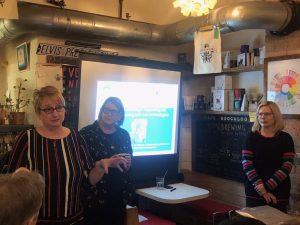
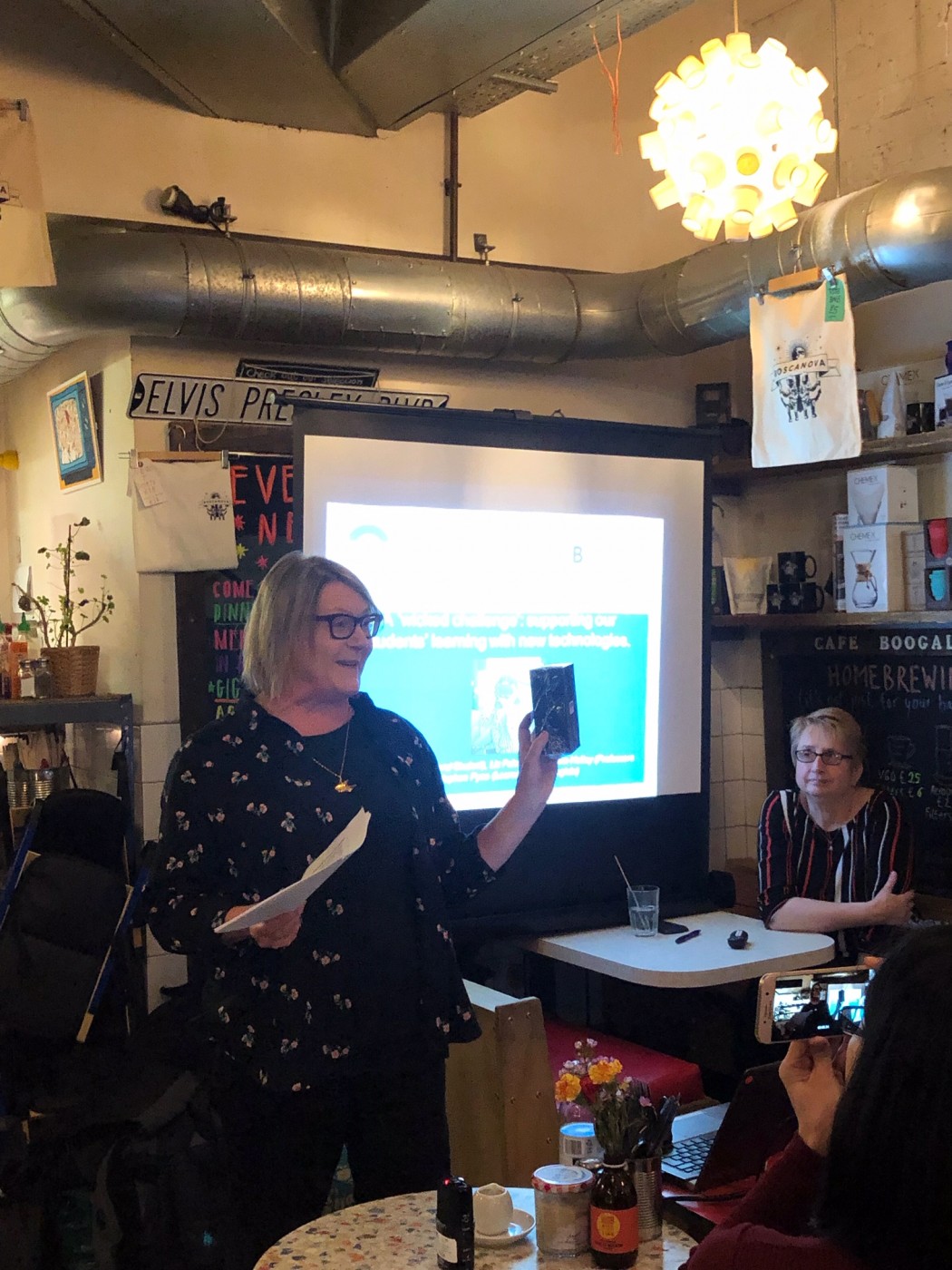
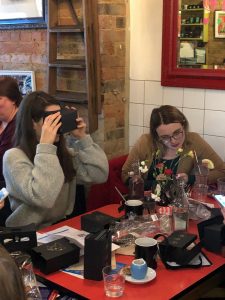
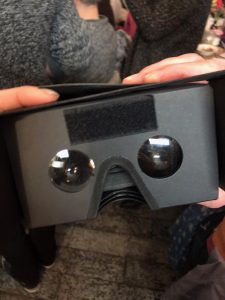
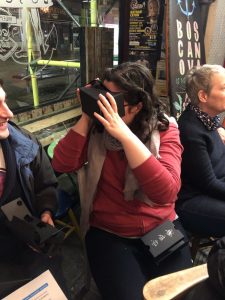
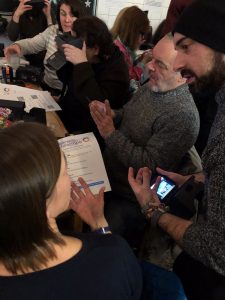
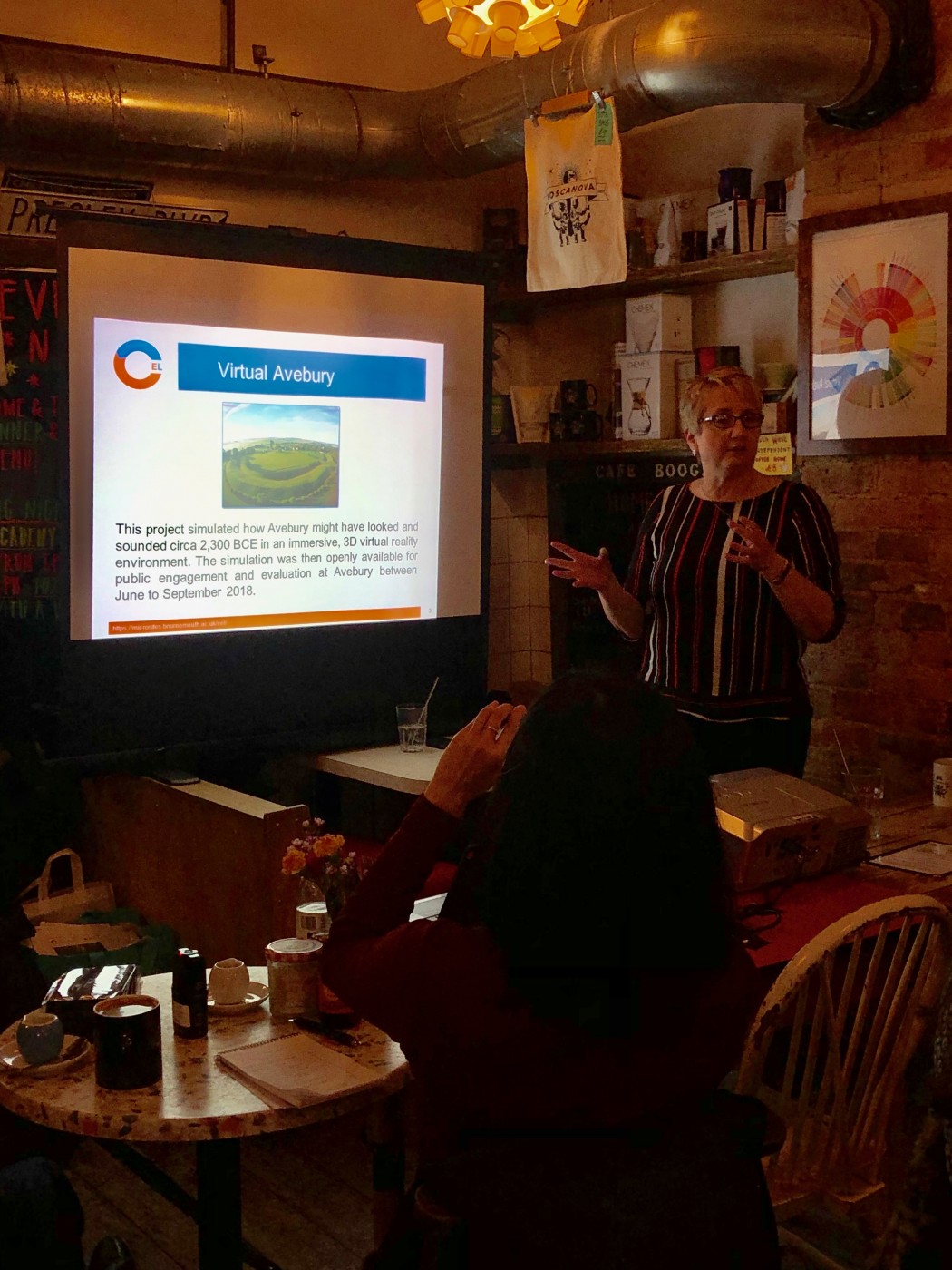 Not only did people enjoy visiting the VR Avebury, but for some it brought out an emotional reaction as they felt they had experienced some of what it would have been like to have visited the ancient site when it was still complete. One of the participants said; “I felt completely immersed in the landscape. It was really interesting to see the difference between the real stones outside and the simulation. The difference between the sizes of the banks and ditches was particularly striking!” Liz concluded with her favourite finding; that women over the age of 60 were the third most likely group to enjoy gaming (mostly on their mobile phones). It reminds us all not to pre-judge what we think people will find enjoyable and useful as a learning experience.
Not only did people enjoy visiting the VR Avebury, but for some it brought out an emotional reaction as they felt they had experienced some of what it would have been like to have visited the ancient site when it was still complete. One of the participants said; “I felt completely immersed in the landscape. It was really interesting to see the difference between the real stones outside and the simulation. The difference between the sizes of the banks and ditches was particularly striking!” Liz concluded with her favourite finding; that women over the age of 60 were the third most likely group to enjoy gaming (mostly on their mobile phones). It reminds us all not to pre-judge what we think people will find enjoyable and useful as a learning experience.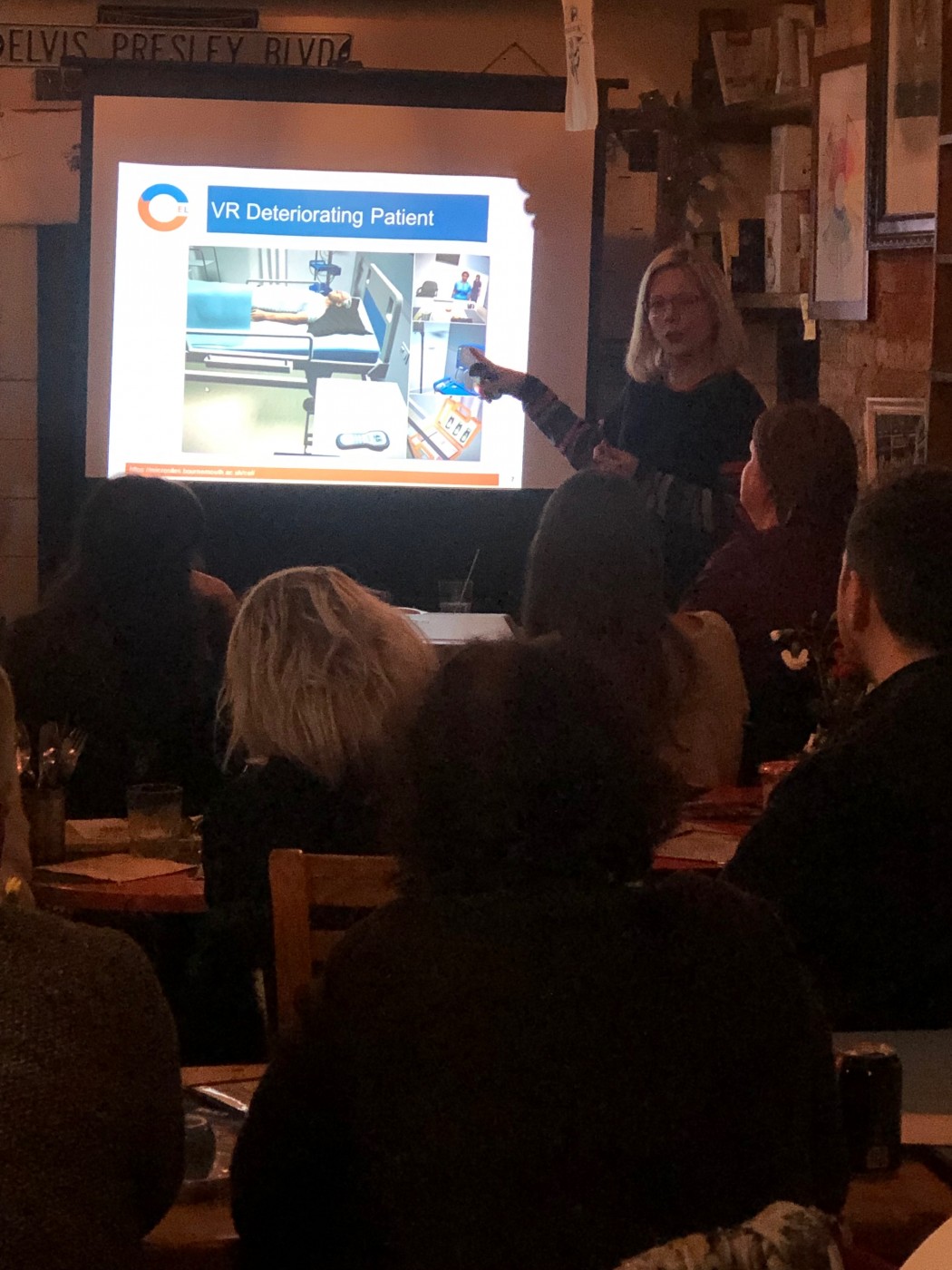
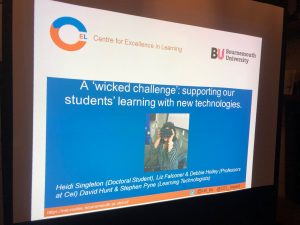 If you’re interested in finding out more about VR, AR or 360 Video you can contact the
If you’re interested in finding out more about VR, AR or 360 Video you can contact the 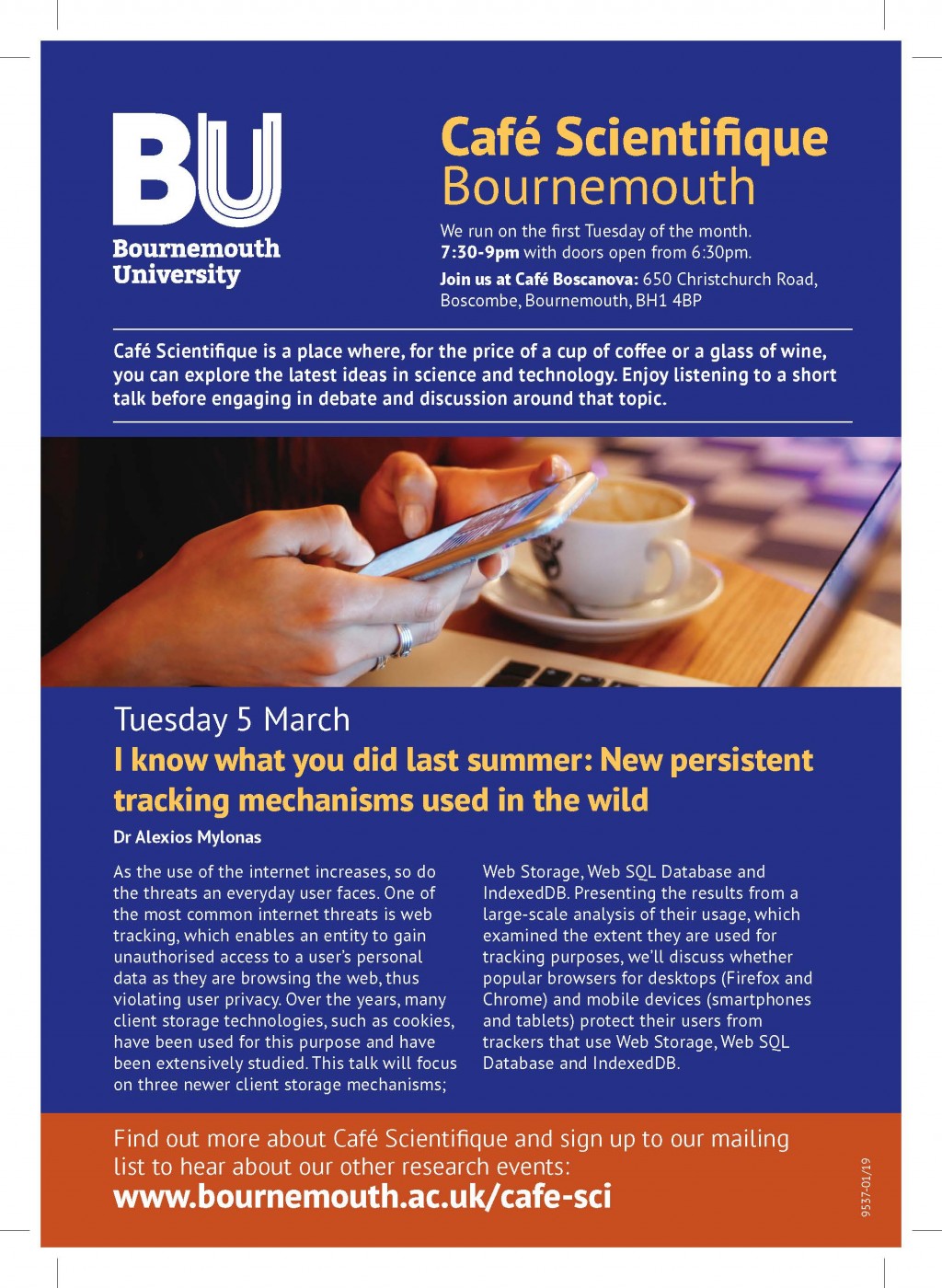
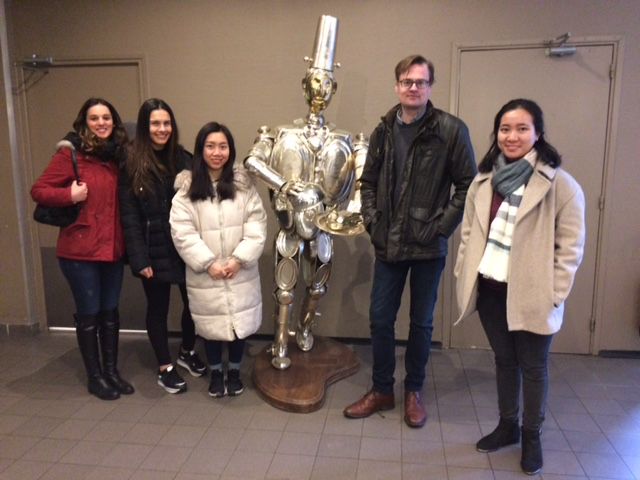

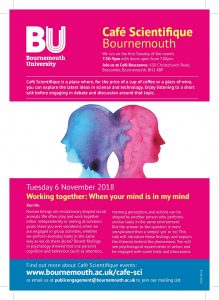


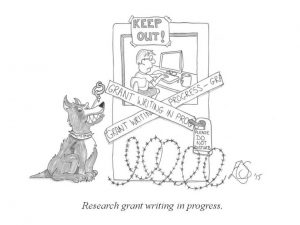











 New CMWH paper on maternity care
New CMWH paper on maternity care From Sustainable Research to Sustainable Research Lives: Reflections from the SPROUT Network Event
From Sustainable Research to Sustainable Research Lives: Reflections from the SPROUT Network Event REF Code of Practice consultation is open!
REF Code of Practice consultation is open! ECR Funding Open Call: Research Culture & Community Grant – Apply now
ECR Funding Open Call: Research Culture & Community Grant – Apply now ECR Funding Open Call: Research Culture & Community Grant – Application Deadline Friday 12 December
ECR Funding Open Call: Research Culture & Community Grant – Application Deadline Friday 12 December MSCA Postdoctoral Fellowships 2025 Call
MSCA Postdoctoral Fellowships 2025 Call ERC Advanced Grant 2025 Webinar
ERC Advanced Grant 2025 Webinar Update on UKRO services
Update on UKRO services European research project exploring use of ‘virtual twins’ to better manage metabolic associated fatty liver disease
European research project exploring use of ‘virtual twins’ to better manage metabolic associated fatty liver disease